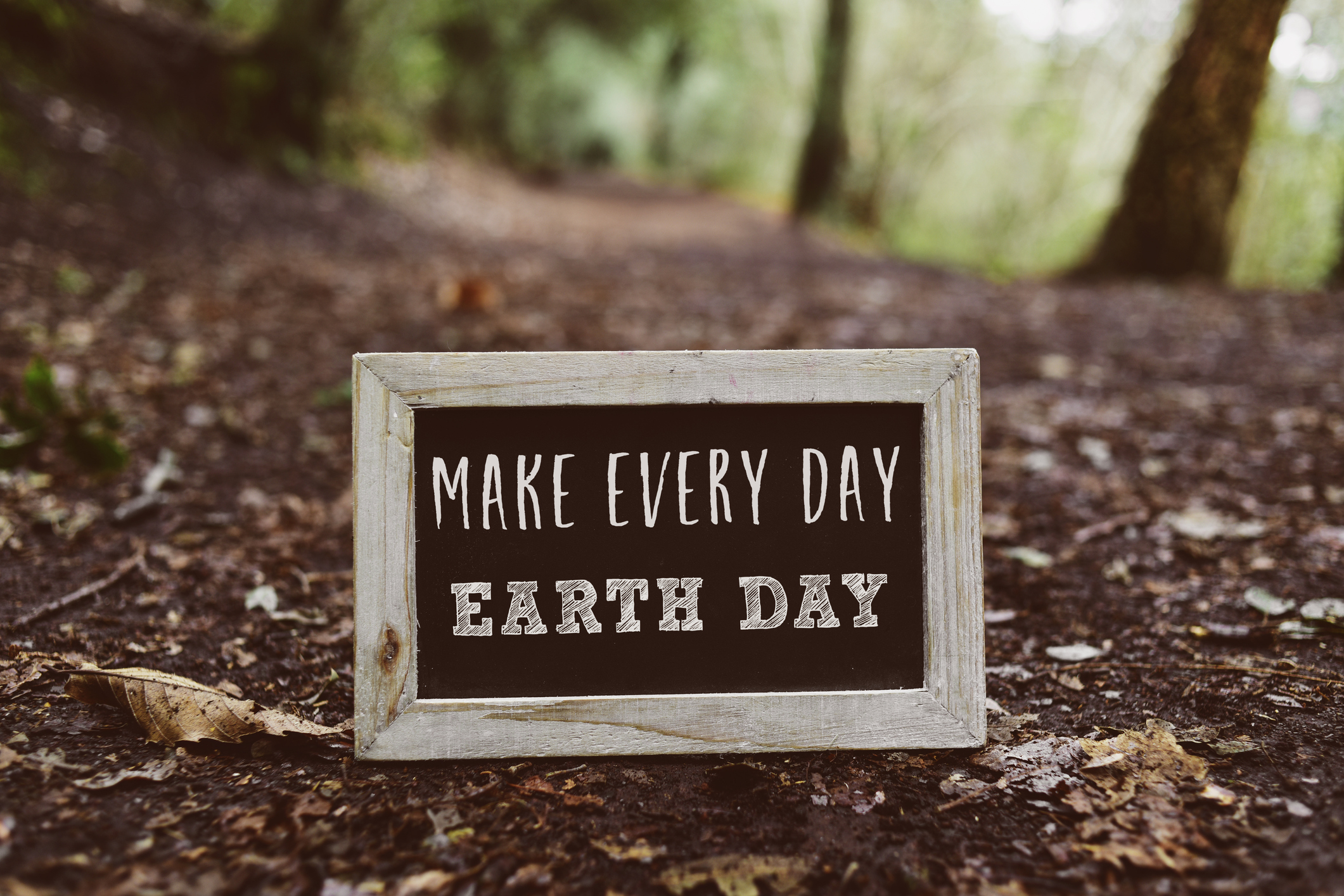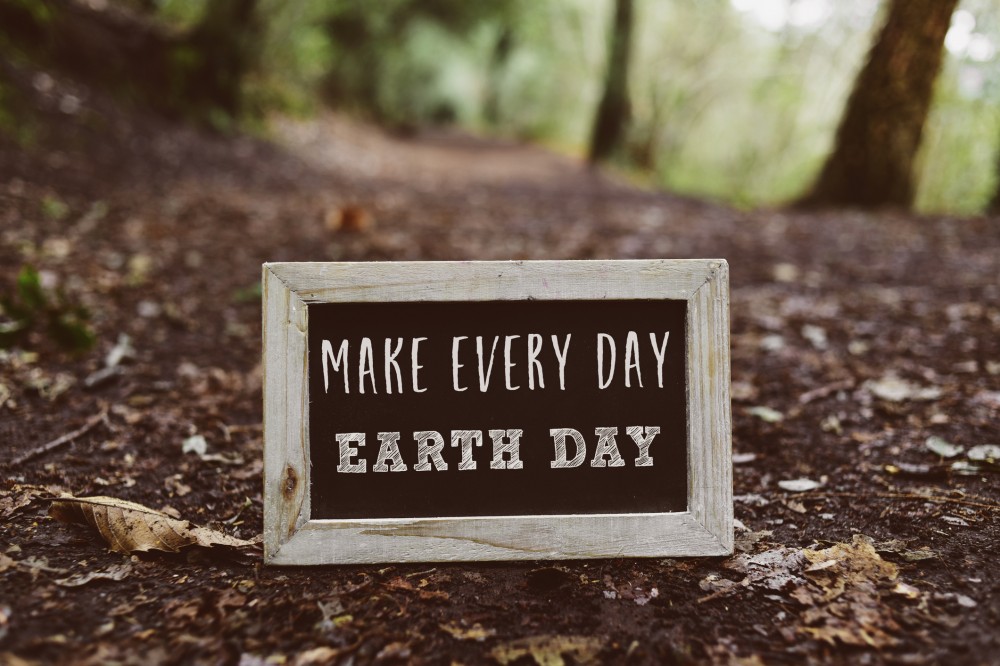“Organizations Can Honor ‘Earth Day’ Every Day”
April 20th, 2018


Earth Day is an annual event held each year on April 22nd that inspires people all over the world to get involved in protecting the earth. Founded in 1970, the day was designed to channel human energy towards environmental issues and is now recognized as a day to take time out of our busy schedules to appreciate the power of nature. Many will argue that Earth Day should be every day; that we should always be aware of our carbon footprint and make efforts to continuously conserve what our planet provides. Organizations inspired by this celebration can certainly incorporate the spirit of Earth Day into their operations throughout the year.
At HRP, we agree that sustainable, earth-friendly business practices should be part of everyday work life. We believe that, when done right, Earth Day stands as a reminder for how we should be continuously striving toward eco-friendly practices and goals. For 35 years, the consulting engineers at HRP have worked together with our clients to assure that they move their environment forward. Our job is to minimize the environmental risks associated with our client’s projects and help them reach their intended business goals.
As a multidisciplinary environmental and engineering consulting firm with nine offices throughout the U.S. and global consulting services around the world, HRP constantly strives to implement solutions for our clients that are flexible, effective and sustainable. Our engineering consulting services investigate and remediate environmental impacts of the past, improve current environmental health and safety (EH&S) operations and also look to the future to help develop process plans that address potential environmental risks.
HRP stands ready to assist with any areas that need the expertise of our environmental consultants and offers the following opportunities for all organizations to do their part for the world in a variety of ways:
Recycle e-waste.
By now, most of us realize that recycling makes sense and we should do it. Slowly but surely, recycling has become available in just about every city and town. But what about the stuff that can’t go in the recycling bin? The EPA and other agencies suggest that electronic waste (aka e-waste) is the fastest growing waste stream in the world. Chances are, you’ve got an outdated electronic appliance gathering dust somewhere in your office right now, and probably at home too. This Earth Day, help make sure those gadgets end up properly recycled instead of taking up space or leaching toxins in a landfill. Use this EPA tool to locate a responsible e-waste recycler in your area, and let your business neighbors know that you’ll be happy to take their stuff in with yours.
Determine your energy consumption.
Many companies put the cart before the horse by launching green initiatives without first benchmarking their current energy and raw-material consumption. But before you begin being green, you have to know how ungreen you really are. The EPA’s Energy Star Program offers a set of tools called Portfolio Manager to help you gauge your energy and water use. The agency has also developed spreadsheets ("energy performance indicators") that allow manufacturers in certain industries to judge their own consumption.
Patronize local sustainable businesses.
Support the businesses that are practicing sustainability. Research the environmental practices of local companies, and spread the word in your community about the ones that truly give back to the environment.
Get outside.
Earth Day is about enjoying and taking care of the environment, so why spend it inside, glued to a screen? This April 22nd, one of the best things you can do is go for a hike, take a nature walk with your kids, plan a picnic in the park or a game of kickball with your buddies. Reconnecting with nature is the best way to remind yourself why we’re fighting so hard to protect it.
Shaun Malin has 15 years of experience in the environmental consulting industry, currently managing the Greenville office of HRP Associates Inc. His project management portfolio includes a variety of chlorinated solvent, petroleum, PCB, and metals contaminated sites belonging to various industrial, commercial, academic and municipal clients nationwide. His diverse project experience spans environmental regulations associated with the Resource Conservation and Recovery Act (RCRA), the Comprehensive Environmental Response, Compensation, and Liability Act (CERCLA), and the Toxic Substances Control Act (TSCA). Malin is a graduate of the Indiana University of Pennsylvania with a Bachelor of Science degree in environmental geology and also holds a master’s degree from Clemson University in hydrogeology.








